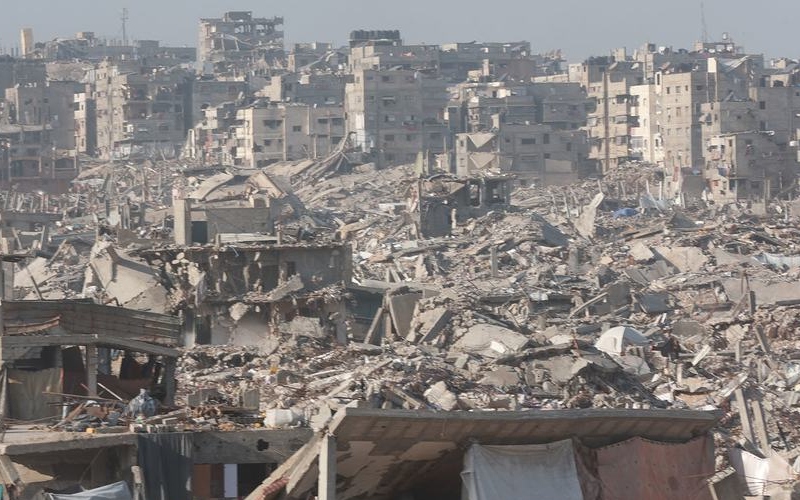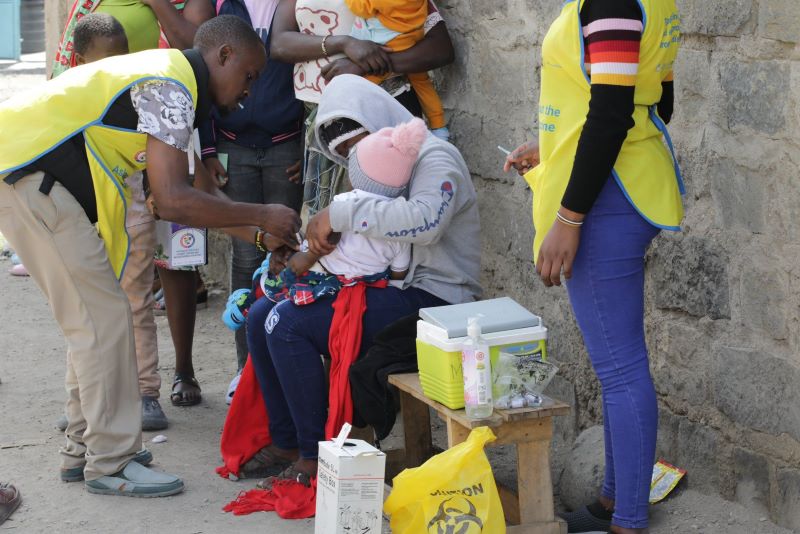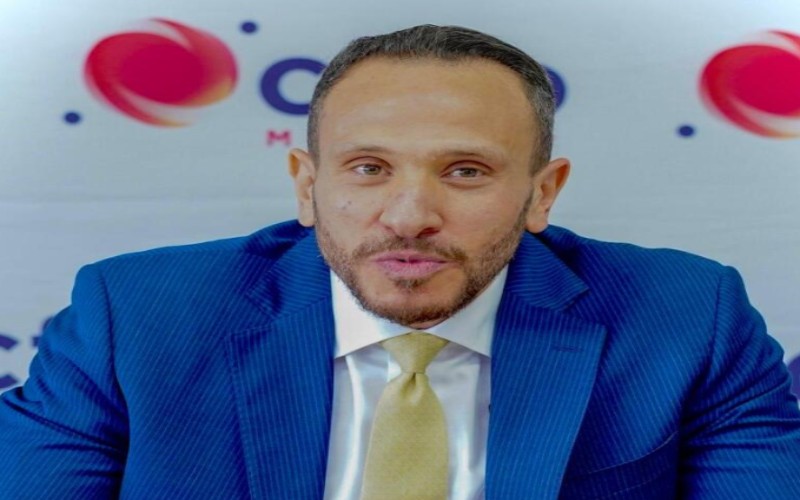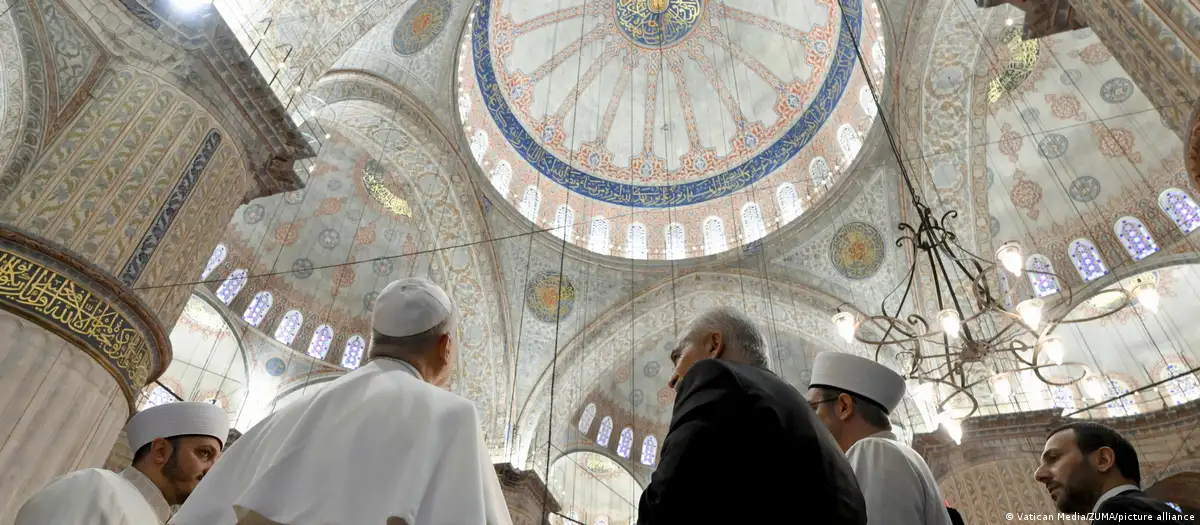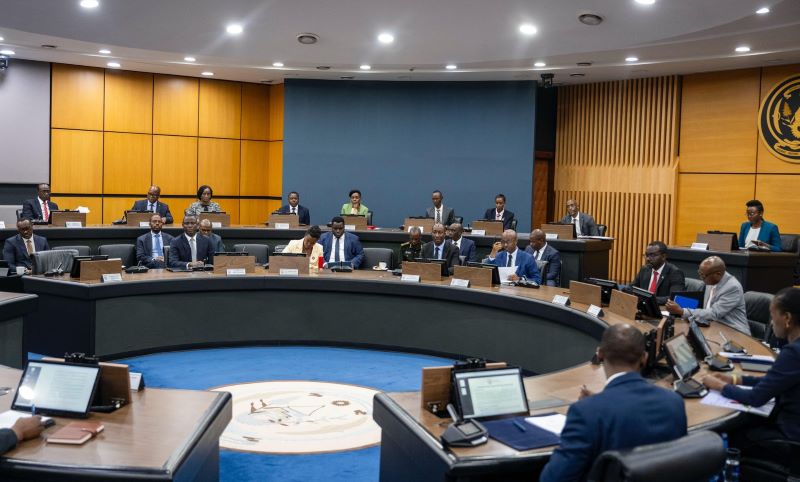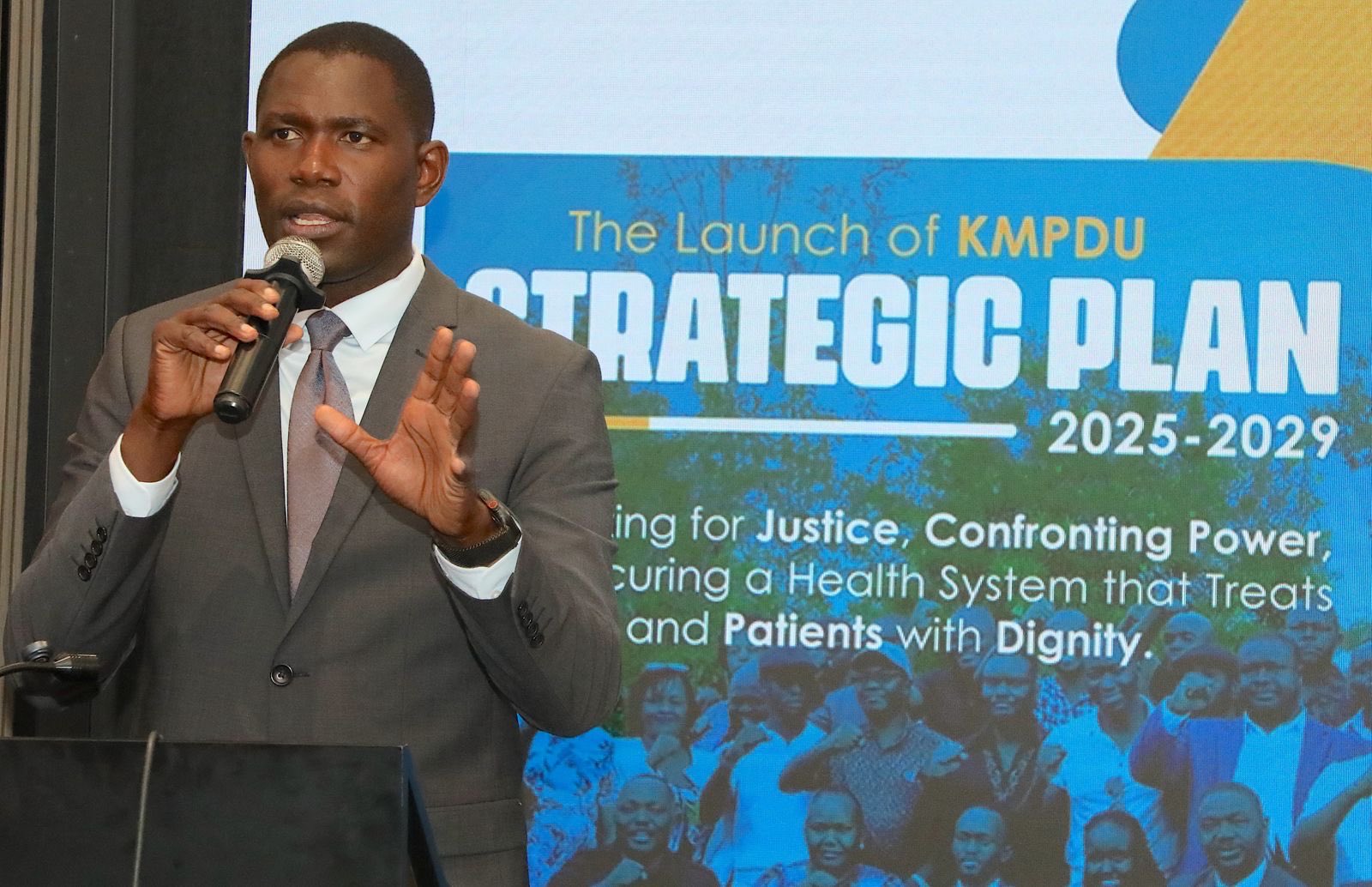Airlines urged not to facilitate UK-Rwanda asylum transfers

British PM Sunak promised on Monday to start sending asylum seekers to Rwanda within 10 to 12 weeks as the upper house of parliament finally passed the required legislation, delayed for weeks by attempts to alter the plan.
Independent UN experts have expressed concern over the role airlines and aviation authorities could have in the unlawful removal of asylum seekers from the United Kingdom to Rwanda under an agreement between the two governments and the proposed “Safety of Rwanda” bill.
Two years ago, London announced the Migration and Economic Development Partnership (MEDP), now referred to as the UK-Rwanda Asylum Partnership, which stated that asylum seekers in the UK would be sent to Rwanda before their cases could be heard.
More To Read
- MSF expelled from Libya as humanitarian crisis deepens for refugees and migrants
- Kenya defends stricter asylum screening for Ethiopian, Eritrean applicants
- Uganda has signed a deal with US to take asylum seekers – what’s behind it and what’s at stake
- Rwanda quits Central African States over rights violations, political bias by DRC
- Rwanda asking UK for $63 mln over cancelled asylum deal, source says
- Israeli lawmakers approve preliminary bill to expel pro-regime Eritrean migrants
The national Rwandan asylum system would then consider their need for international protection.
In November 2023, the UK Supreme Court said the policy was unlawful due to safety concerns in Rwanda. In response, the UK and Rwanda created the new bill, declaring Rwanda a safe country, among other stipulations.
Risk of refoulement
British Prime Minister Rishi Sunak promised on Monday to start sending asylum seekers to Rwanda within 10 to 12 weeks as the upper house of parliament finally passed the required legislation, delayed for weeks by attempts to alter the plan.
Sunak said the government had booked commercial charter planes and trained staff to take migrants to Rwanda, a policy he hopes will boost his Conservative Party's flagging fortunes before an election later this year.
#UK: Airlines should not facilitate unlawful removals of asylum-seekers to Rwanda 🇷🇼, UN experts say. Such actions might make these companies complicit in violating internationally protected #HumanRights and court orders.https://t.co/EZfERVb1kz pic.twitter.com/1JVhs49Ywt
— UN Special Procedures (@UN_SPExperts) April 22, 2024
The House of Lords had long refused to back the divisive legislation without additional safeguards but eventually relented after Sunak said the government would force parliament to sit as late into Monday night as necessary to get it passed.
"No ifs, no buts. These flights are going to Rwanda," Sunak told a news conference earlier on Monday.
Tens of thousands of migrants - many fleeing wars and poverty in Africa, the Middle East and Asia - have reached Britain in recent years by crossing the English Channel in small boats on risky journeys organised by people-smuggling gangs.
Stopping the flow is a priority for the government, but critics say the plan to deport people to Rwanda rather than handle asylum seekers at home is inhumane. They cite concerns about the East African country's own human rights record and the risk asylum seekers may be sent back to countries where they face danger.
Sunak's new law states some existing UK human rights statutes will not apply to the scheme and Rwanda must be treated by British judges as a safe destination, in a bid to override a Supreme Court ruling which declared the scheme unlawful.
It also limits individuals' options for an appeal to only exceptional cases.
However, the UN Special Rapporteurs warned that removing asylum seekers to Rwanda, or anywhere else, could put airlines and aviation authorities at risk of refoulement – the forced return of refugees or asylum seekers to a country where they may face persecution, torture or other serious harm – “which would violate the right to be free from torture or other cruel, inhuman or degrading treatment”.
The experts said that "airlines and aviation regulators could be complicit in violating internationally protected human rights and court orders by facilitating removals to Rwanda.”
They added that airlines should be held responsible if they assist in the removal of asylum seekers from the UK.
The UN experts have been in contact with the UK Government and national, European and international aviation regulators to remind them of their responsibilities, including under the UN Guiding Principles on Business and Human Rights.
The UN Human Rights Council appoints Special Rapporteurs to monitor and report on global situations and issues. They serve in their individual capacity, are not UN staff, are independent of any government or organization and are not compensated for their work.
Top Stories Today




